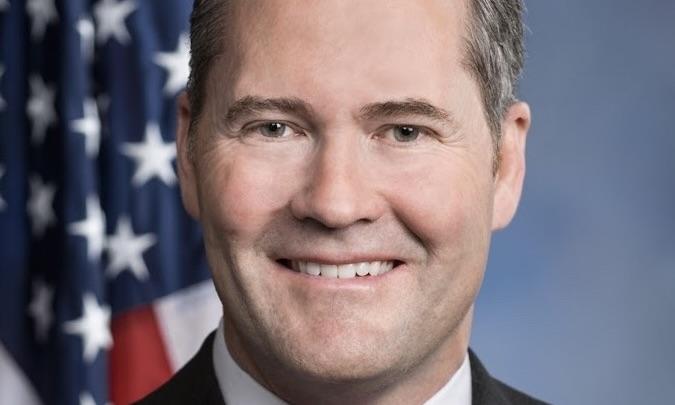With just weeks to go until Election Day, it is impossible not to be a bit overwhelmed with ads on TV, yard signs and bumper stickers. As the United States seems in a never-ending election cycle that is made worse by our political divide, it is impossible to escape the noise.
But what is also noteworthy is how social media has become less about sharing photos of vacations with friends, discussing favorite movies and places to eat, and has instead become a digital bully pulpit. This can cause unneeded stress and anxiety.
“Election season can be a lot and if not careful, will consume you,” warned Stacy Roberts, lecturer of management at the Hull College of Business at Augusta University. “It is good for individuals to manage the balance of remaining informed and avoiding stress or burnout.”
Candidate Research—Avoid Social Media
It may be important to do research and make educated decisions at the polls, but social media platforms may not be the best places to conduct such studies. Between misinformation and disinformation campaigns, and the fact that the platforms have become echo chambers that drown out contrary opinions, the social networks may not provide the best insight.
“Persons need to recognize that fear tactics and rhetoric are fabricated to induce negative emotions. There is a need to look at both sides of the argument and limit exposure to politically related media offerings and following non-political offerings on social media,” added Dr. Eugene Lucas, associate professor and coordinator of the distance education Psychiatric/Mental Health Nurse Practitioner program at Wilkes University.
“Fact-checking information with reliable outlets will help,” Lucas explained while acknowledging that the platforms continue to fail when it comes to countering the spread of misinformation.
“Social media users should fact check all of their information to assure it is factual and not accept information which is untruthful and derogatory,” Lucas continued. “Users should identify truthful social media platforms and put the time spent in perspective considering there is other non-political information available to review.”
It Is Really Worse This Year
It isn’t hard to see that the divide on social media is worse than ever, but in addition to our political divide, it has been established that foreign actors from China, Russia, Iran and other countries are doing their best to sow disconnect. In addition, the platforms have largely opened the floodgates while those aforementioned advances in technology just make it easier than ever to create misleading content.
“Social media often catastrophizes events,” warned Dr. Nathan Bowling, associate professor of psychology at the University of Central Florida. “Events that never really happened—e.g. ‘refugees eating cats in Springfield, Ohio—can become sources of stress. As the old saying goes, ‘If it bleeds, it leads.’ There is always a ready supply of negative news.”
Likewise, it is increasingly easy to be triggered—and in turn lured into debates, then arguments, and stressful conversations, which not only lead to burnout but also offer no resolution between individuals.
“It is good to be able to talk to and learn people’s viewpoints,” Roberts suggested. “However, if someone can’t have a hard conversation in a healthy manner, choose to protect your peace.”
There are several strategies that people can use to limit their social media use during the election cycle to help reduce stress. That can include limiting the amount of time spent on social media and steering clear of all political discussion.
Tuning out for a month could also be an option.
“The current election cycle could be the perfect time for a person to implement a self-imposed ‘digital detox,'” said Roberts. “Completely avoid social media until after the election is over—put the social media accounts in ‘sleep’ mode.”
In other words, wake me up when this is finally over!








